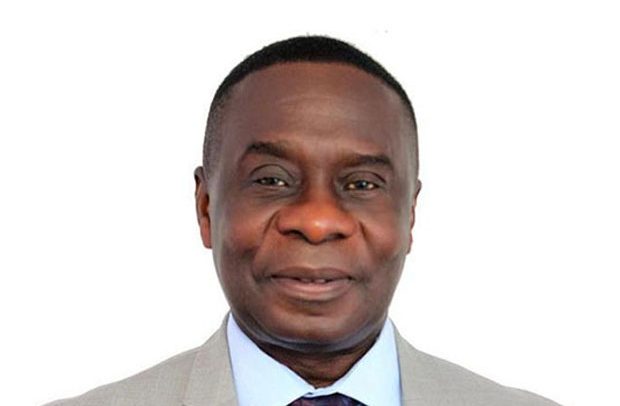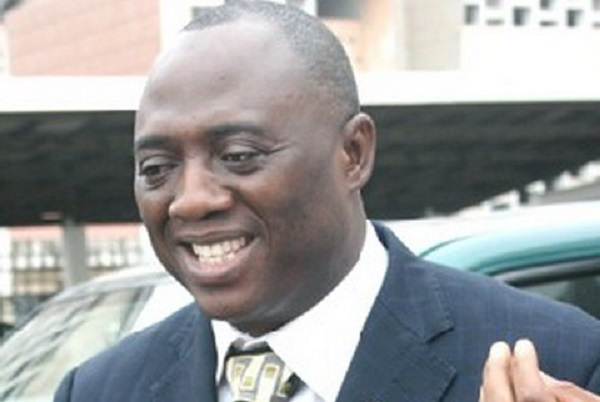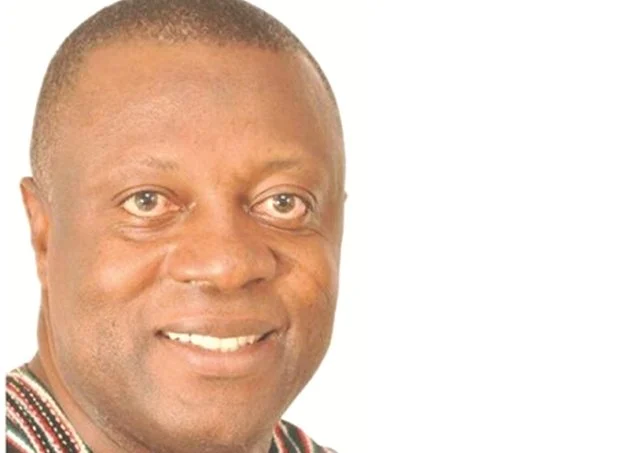Is it a curse to hold dual citizenship?
Dual nationality could be considered a blessing as one can hold himself as a citizen of more than one country, but the practice has drawbacks for some individuals seeking to occupy public offices in Ghana.
The fate of the embattled Member of Parliament (MP) for Assin North Constituency, James Gyakye Quayson, on whether he could continue to carry himself as a parliamentarian was decided on Wednesday, May 17, 2023.
Mr Quayson was initially facing legal action in a dual citizenship case before an Accra High Court on charges of forgery, perjury, and knowingly making a false declaration.

A seven-member panel presided over by Justice Jones Dotse ruled for Parliament to remove James Gyakye Quayson’s name from its records as a Member of Parliament (MP).
The panel unanimously ruled that James Gyakye Quayson was not qualified at the time of nomination to qualify for the Assin North parliamentary elections in 2020.
The Supreme Court further ruled that the action by the Electoral Commission (EC) to allow Mr Quayson to contest when he had not shown his certificate of renunciation of his citizenship of Canada was unconstitutional, null and void and of no effect.
Additionally, the apex court said the swearing of Mr Quayson into office as MP for Assin North was also unconstitutional.
This implies that the EC is required to organise fresh elections for the vacant Assin North seat.
So, after spending two years representing the people of Assin North, Mr Quayson must pack his baggage and leave parliament.
Just like Mr Quayson, other MPs have had their citizenship challenged in court.
How Adamu Sakande was jailed.

An Accra Fast Track High Court in July 2012 sentenced former Member of Parliament for Bawku Central Adamu Daramani Sakande to two years in prison after he was found guilty of holding dual citizenship.
The charges against him included a false declaration of office or voting, perjury, and deceiving a public officer.
The late MP had also testified and denied any wrongdoing and produced documents to prove his claim that he had renounced his British citizenship.
In passing judgment, the trial judge, Justice Charles Quist, noted that the prosecution had been able to prove its case beyond reasonable doubt and established the essential ingredients of the various offences levelled against the MP.
Alhassan Umar, MP for Zabzugu, sued over dual citizenship

In what looks similar to the Adamu Dramani Sakande case, the former NDC member of parliament of Zabzugu, Alhassan Umar, was sued by two persons in his constituency for allegedly having dual citizenship from the United States and Ghana.
The plaintiffs, Nikimola Jacob Makinye and Moponyaw Godwin, wanted the court to remove Alhaji Umar from Parliament and declare the seat vacant.
However, in 2017, an Accra high court dismissed the case.
According to the presiding judge, Mrs Patience Mills-Tetteh, the allegation was unfounded.
Jomoro MP wins election petition case.

The Member of Parliament for the Jomoro constituency, Dorcas Affo-Toffey, won the election petition case against her eligibility as an elected MP over her alleged Ivorian citizenship.
The Sekondi High Court, presided by Justice Dr Richmond Osei Hwere on November 21, 2022, dismissed the petition and declared the MP eligible because she lost her Ivorian citizenship when she acquired her Ghanaian Citizenship.
The application was filed by one Joshua Emuah Kofie, who challenged the eligibility of the MP to contest as a representative of the people in the constituency on the ticket of the National Democratic Congress (NDC).
He alleged that the MP holds multiple nationalities –American and Ivorian citizenships- violating the 1992 Constitution.
However, the MP denied having American citizenship but had Ivorian citizenship, which she said she had renounced.
Position of the laws of Ghana on dual citizenship
Dual citizenship is allowed in Ghana and may be granted to anyone born in Ghana or with a parent(s) of Ghanaian origin.
However, Ghana’s law prevents Ghanaians with dual citizenship from holding key positions in the country.
The Citizenship Act, 2000 (Act 591), section 16 (1), states: “A citizen of Ghana may hold the citizenship of any country in addition to his citizenship of Ghana.” That is, DUAL CITIZENSHIP is permitted under the laws of Ghana and is not illegal.
The 1992 Constitution Article 94 (2) (a) states: “A person shall not be qualified to be a Member of Parliament if he – (a) owes ALLEGIANCE [emphasis added] to a country other than Ghana.”
Should the dual citizenship law be amended?
Although many have called for the amendment of the dual citizenship law, do we in Ghana think that a prospective MP denouncing his dual citizenship suddenly becomes more or less loyal to Ghana?
Do we doubt Adamu Daramani Sakande’s (NPP) and James Gyakye Quayson’s (NDC) loyalty to Ghana?
Ghana laws must be enforced.
However, to stipulate in one law (Citizenship Act, 2000 (Act 591), section 16 (1)) that a person can become a dual citizen while simultaneously legislating that the same person cannot participate in certain activities as a citizen under another law (1992 Constitution Article 94 (2) (a)) is clearly conflicting. It must be repealed.
It is very understandable if the highest office, like the president and vice president, demands renunciation, just like in the US, where citizens should occupy such positions by birth.
Former President John Dramani Mahama recently stated while addressing NDC faithfuls in Tamale that such a law cannot remain in the current scheme of things.
He is not alone in this fight.
A Fellow of the Centre for Democratic Development (CDD) in Public Law and Justice, Professor Kwaku Asare, believes repealing the law prohibiting dual citizens from holding key public offices will align Ghana’s public office-holding policies with the country’s diaspora-related policies.
At a time the country is trumpeting policies to attract its citizens in the diaspora with the much talked about ‘Year of Return’ and the ‘Beyond the Return’ as examples, one would wonder whether the current dual citizenship law would not deter such individuals to return and be involved in economic development.
From the arguments raised, it seems Ghana would benefit more if the law is revised.
The law hurts the country’s human resources and must not be allowed to fester any longer for an all-hands-on-deck approach, especially at a time that Ghana is relying on a US$3 billion bailout from the International Monetary Fund (IMF) to get the economy back on track.


